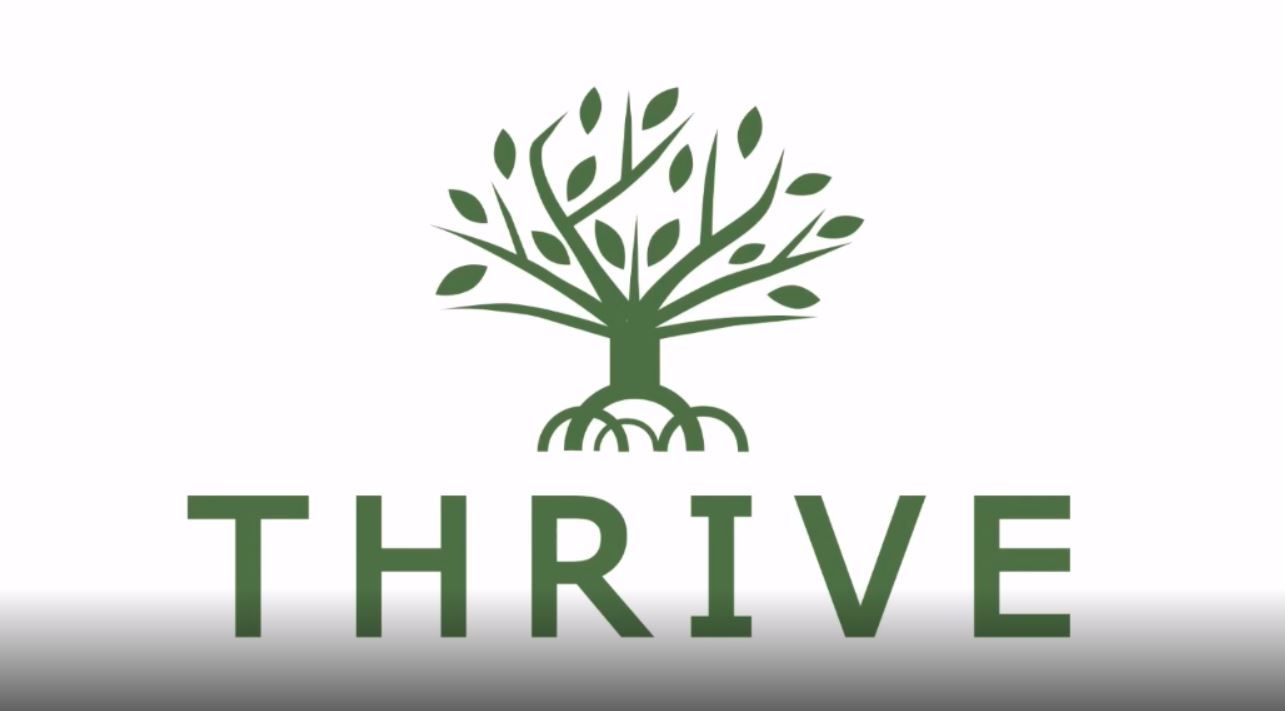By Cathy Ratcliff, one of Thrive’s 4 Directors.
Scottish not-for-profit Thrive’s video expresses our ethos – language and media are important, we need to listen well to people from other countries, and we must break through the barrier of aid-speak to hear those most affected “speaking back” – real people who don’t live in a world of development projects, but who live their lives alongside and sometimes oblivious of such aid-speak. The video attempts to bypass neo-colonial development discourse and equalise speaker and listener.
So this is not a video of a project – it is the project. It expresses what some Malawians wanted to tell Scotland about how they are experiencing climate change. The Scottish and Polish film-makers honoured the Malawian voices, arranged the story to make the Malawians’ messages clear, and kept their messages intact.
For example, it could have been tempting for Scottish directors to omit statements by Malawians implying that Malawi contributes to climate change – but that would have been to deny Malawian agency and sense of shared responsibility with other countries. It would have been to entrench a discourse of the helplessness of an aid-recipient country. It would have changed their message, turned a blind eye to speaking back, and given in to aid-speak. It would have been insulting and lacking in solidarity.
The video also reflects the importance that Thrive places on females and climate, two major constituents which our age insists on dominating and damaging. We spoke to Malawian women about their experiences of climate change. We also spoke to one Malawian man – a Malawian Professor of Geosciences at Edinburgh University.
It was important that all voices, whether expert scientific ones or those on the front line of climate change, be Malawian, so that all people speaking in the video were people who thoroughly and instinctively understood what they were talking about, when talking about impacts of climate change in Malawi. The English-language voice-over too was Malawian, to retain the authentic, knowledgeable Malawian voice as much as possible, spoken by someone who is a rural Malawian woman (as well as being an award-winning journalist).
The video was made during the COVID-19 pandemic, filmed by amateurs on phones not of top quality. Most participants are not accustomed to appearing on video. Few could meet, given the pandemic and distances. The budget was negligible. Most work was done for no pay, fitted into busy schedules. Two professional film-makers shaped the storyline to bring out the message, and finished it off to make it presentable, while leaving the feel of amateur origins. The video is not perfect, but is authentic. We hope that it conveys the urgency that all its speakers feel about climate change.
From Vicious Circle to Circle of Life tells how a farmer and a businesswoman experience poor crops and storms which they attribute to climate change. A Professor of Geosciences explains the reduction in nutrients in overworked soils depleted by warmer weather. A Lecturer in Environmental Sciences starts and ends the video, first with an explanation of Malawian poverty, dependence on subsistence agriculture and poor agricultural practices, and at the end with her wish for improved education to improve these practices and improve access to other jobs beyond farming. We simplified a slightly more complex situation to make this Lecturer’s core message stand out, with the other presenters providing evidence for and illustrating her message. From Vicious Circle to Circle of Life is about climate change, how Malawians experience its life-threatening, life-altering effects, and how they can mitigate it through education to make a better Circle of Life.

